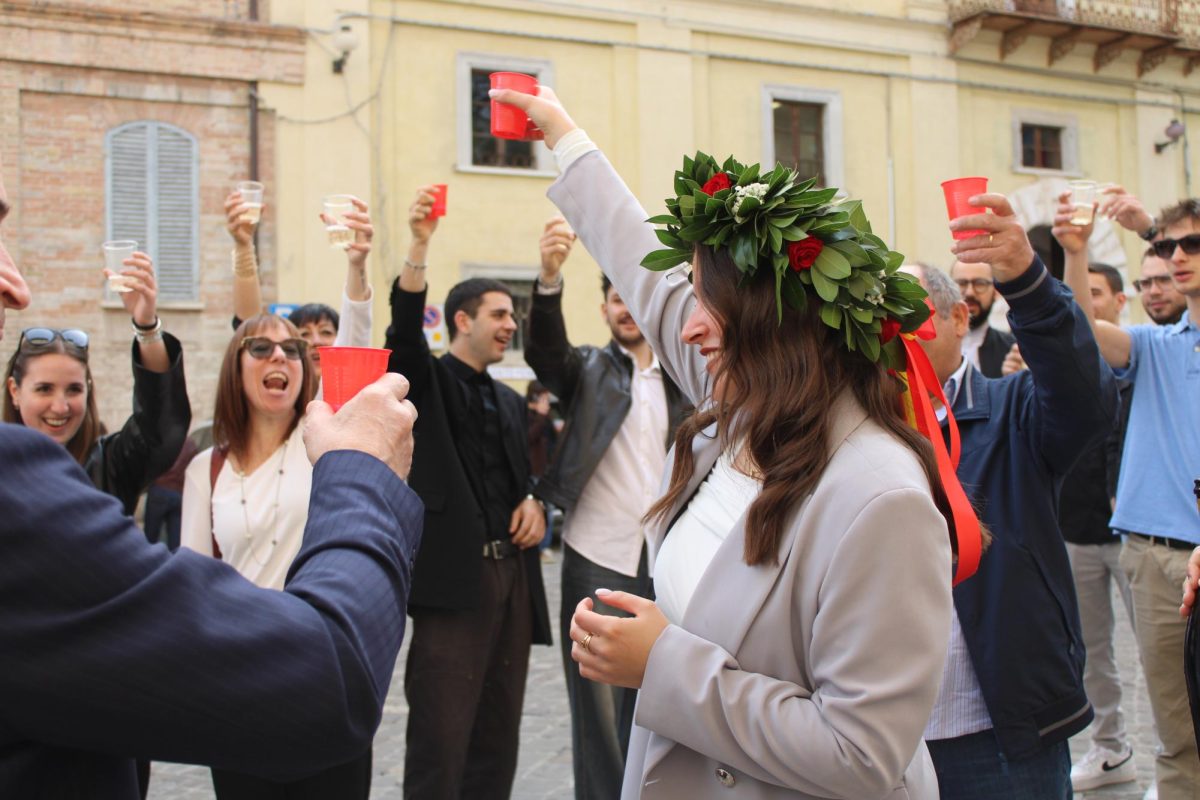Editorial: Voter IDs may be useful, but should not disenfranchise
February 16, 2012
Threats to a country — or anything, for that matter — can come from outside, by malicious people acting on that country like terrorists, foreign hackers or an invading army, or they can come from inside, either from saboteurs or weaknesses in the system’s institutions.
Since internal threats are often more difficult to distinguish or perceive, they can be among the most dangerous. One potentially dire threat to an elected government such as our own is voter fraud. It doesn’t happen very often, and there is little reason to suspect that it is a widespread problem.
However, the fact remains that — especially now that the Pew Research Center on the States has released a report showing that 1.8 million registered voters in the United States are actually dead and another 24 million registrations are out of order — without absent voter identification requirements there is no sure way to curtail the possibility of voter fraud.
Some critics have labeled Iowa Secretary of State Matt Schultz’s proposal to require almost all prospective voters to show IDs at their polling locations as a solution in search of a problem. We believe, however, that the prospect of a serious problem developing should not receive a solution until it manifests itself. After all, most of us remember the year 2000, when Christmas was upon us and we still weren’t certain whether Al Gore or George Bush was the president-elect.
While there are no constitutional guarantees for the right to vote on the basis of poverty (aside from prohibitions on poll taxes), property qualifications were repealed long ago. Even though the right to vote is only guaranteed on the basis of race, sex and age, equality of all economic classes before the law and in politics is a staple of American tradition. Schultz has repeatedly denied any attempt to use his voter ID proposal to disenfranchise voters.
As long as there is no nefarious intent to bar those who are less materially well off, states should take measures to ensure that the kind of political participation that reaches the most people remains uncorrupted by the kind of activists and politicians who refuse to play by the rules of the game.
A bigger issue than potentially making voting more inconvenient may be the lack of interest in voting. One of the most common refrains from non-voters is that all politicians are the same kind of liar or that the votes don’t matter. Some estimates suggest that 51 million eligible Americans are not even registered to vote, much less turn out. All aspects of the game that is politics, from ballot security on up to politicians acting interested in what their constituents have to say, should be protected.
















